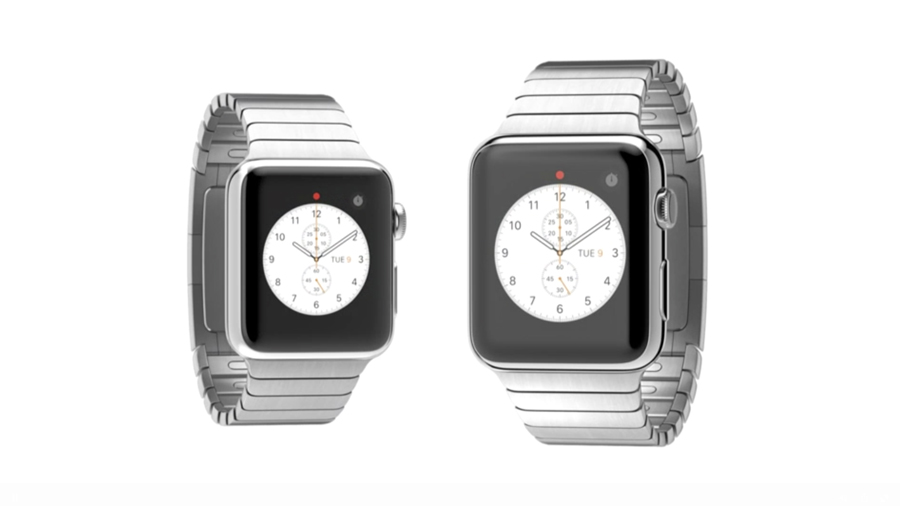Is Apple making a push into healthcare with Watch?
Or is it just a fashion-and-fitness device

The announcement from Apple is an expression of intent to take the tech battleground in health to the next level.
Apple Watch signals the company's entry into the fitness and healthcare markets, one that comes with a bang rather than a whisper.
From a healthcare perspective, however, Apple Watch seems to be geared more towards fitness rather than general health, at least according to this week's announcement.
Apple hasn't explained in detail how it links with Apple Health although, undoubtedly, I'm sure we will see integration with health apps further down the line.
There is a great scope for healthcare use, provided the apps are reliable and correct in their data sourcing.
From the perspective of GPs and healthcare practitioners, it's a good time to begin embracing tracked data.
Even though the general data collected by fitness trackers as well as, I'm sure, the Apple Watch isn't in-depth enough to base a diagnosis on, being able to monitor heart rate, sleep cycle and activity levels can be of assistance in determining the patient's health condition.
Sign up for breaking news, reviews, opinion, top tech deals, and more.
That said, the data from the Apple Watch can be useful in aiding the diagnosis of conditions like hypertension but, of course, it requires an appointment with a doctor to correctly decipher the data and make an informed diagnosis.
It's all about the data
So in essence, it's not an end-to-end solution. The collection of data is just one part of the treatment process, an appointment with skillful healthcare professional is needed to interpret what it all means.
Even under the circumstances that a doctor is remotely monitoring a user's data, the service will require a robust infrastructure that simply does not currently exist. Furthermore, Apple will need to integrate into doctors/healthcare professionals' existing systems to be of benefit to most users in the UK.
Apple's solution is undoubtedly a big step forwards in terms of health tracking, however, a lot of work still needs to be done before we have a complete healthcare solution.
It's also worth noting that this technology can cause some users to experience anxiety over the data.
From the medical perspective, it's important to use the data from your wearables to simply stay informed as it by no means provides enough data for self-diagnosis.
I would like to stress that the Apple Watch or any other wearable at the moment is not a substitute to a consultation for a healthcare professional.
In conclusion, I would like to echo the views of Pam Garside, of the Judge Business School from the University of Cambridge and adviser to Zesty.
Mobility is key in our daily lives, which applies to health, too. Having real time data available to healthcare professionals can be vital, and it's great that these devices support this.
Apple has a stellar reputation, so we hope that its operating system will be able to keep up with the healthcare industry.
It would be dramatically increase the efficiency of healthcare professionals if they were able to tap into their patients' health data, but this, of course, poses data privacy and security issues that will need to be overcome.
- Lloyd Price is the co-founder of Zesty, a UK-based online healthcare booking service.